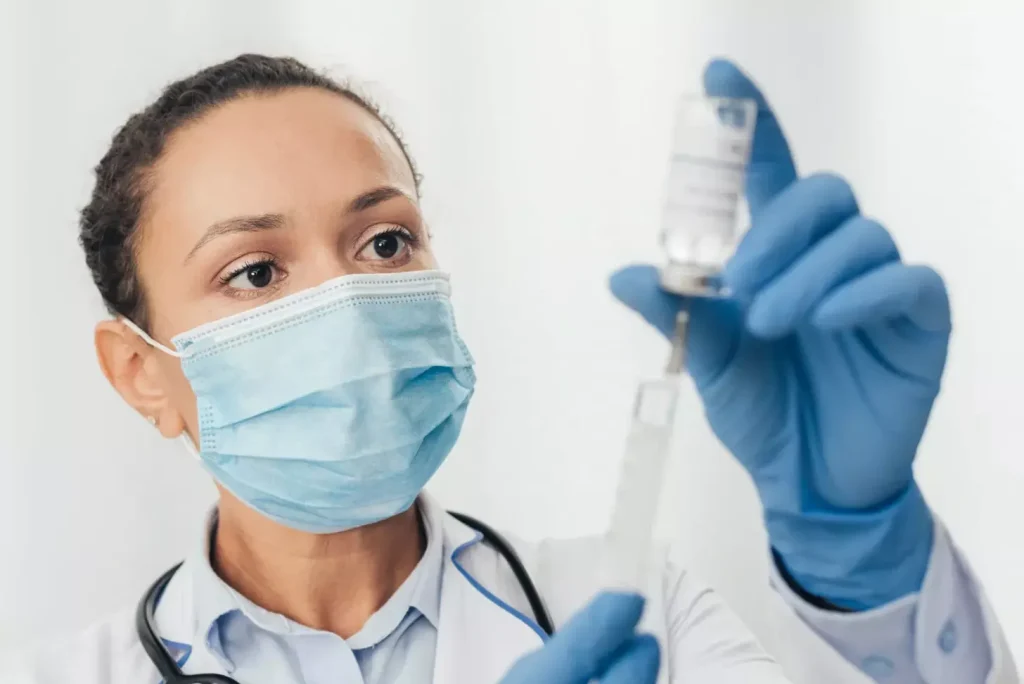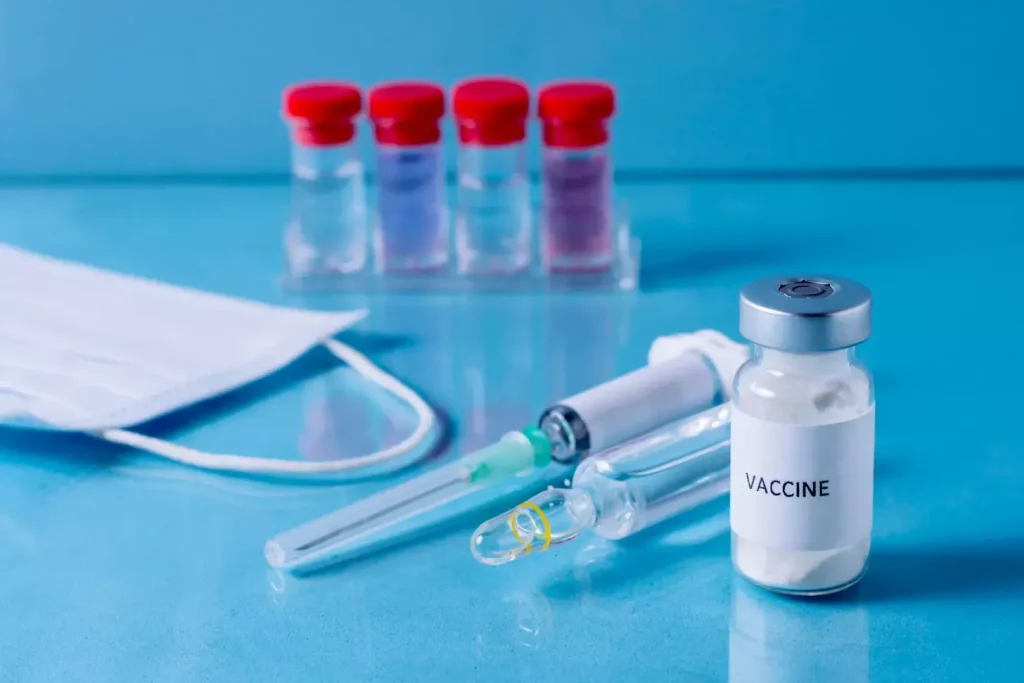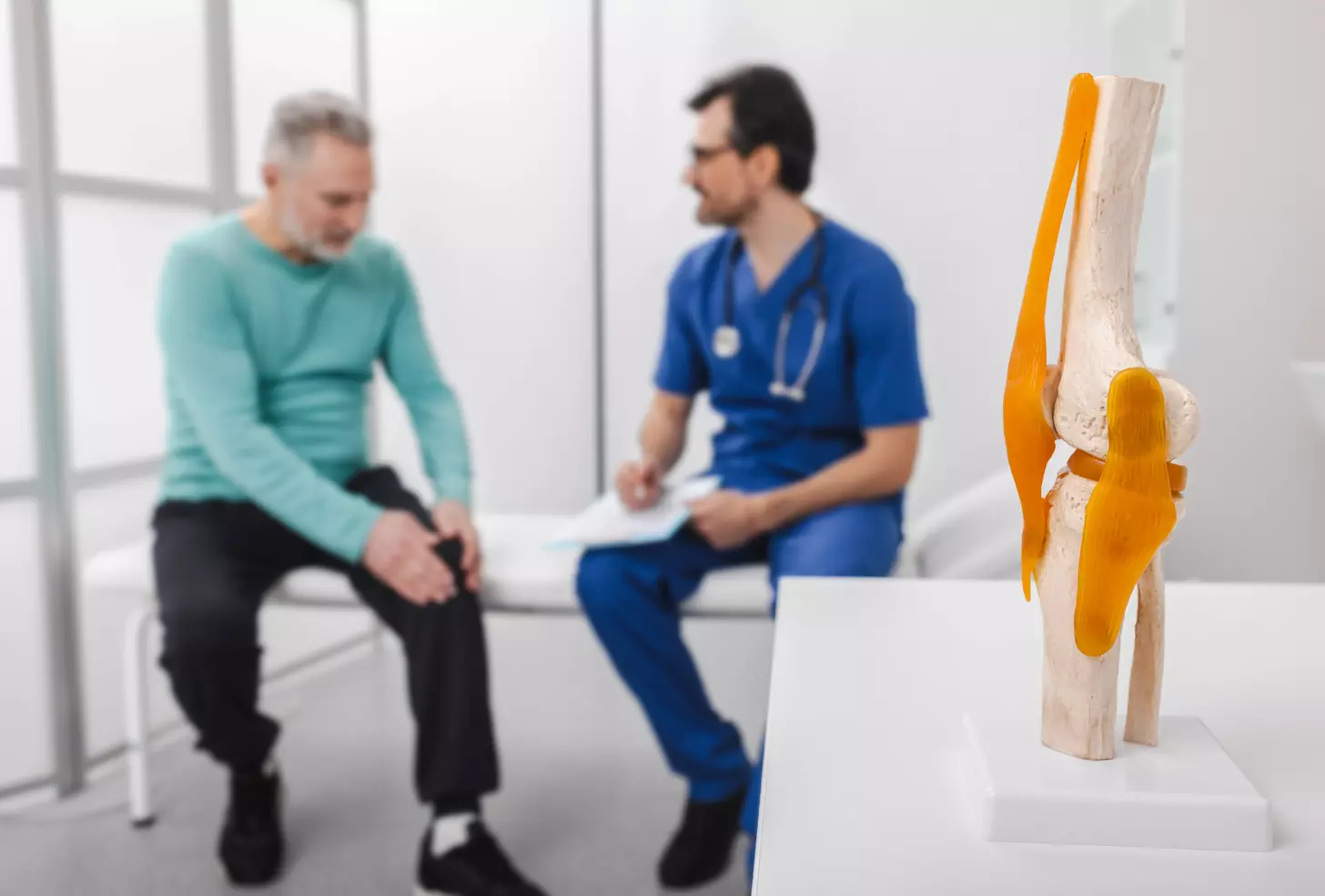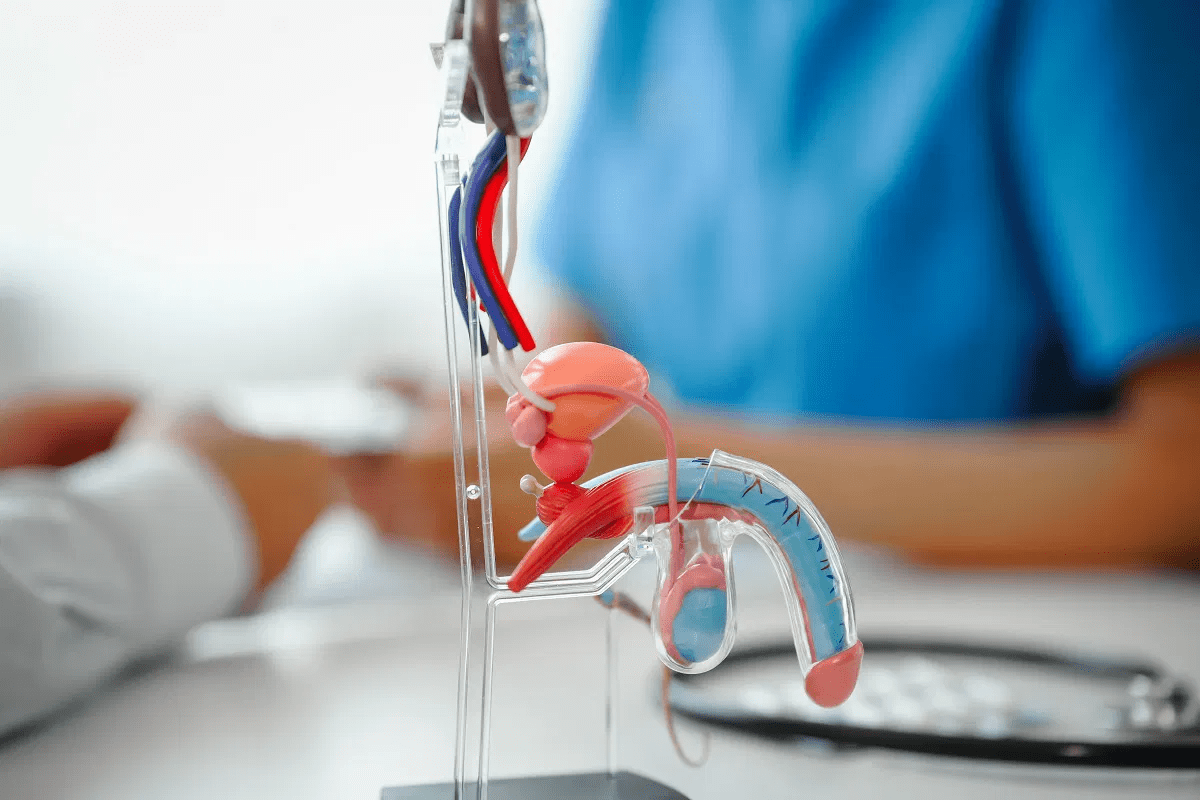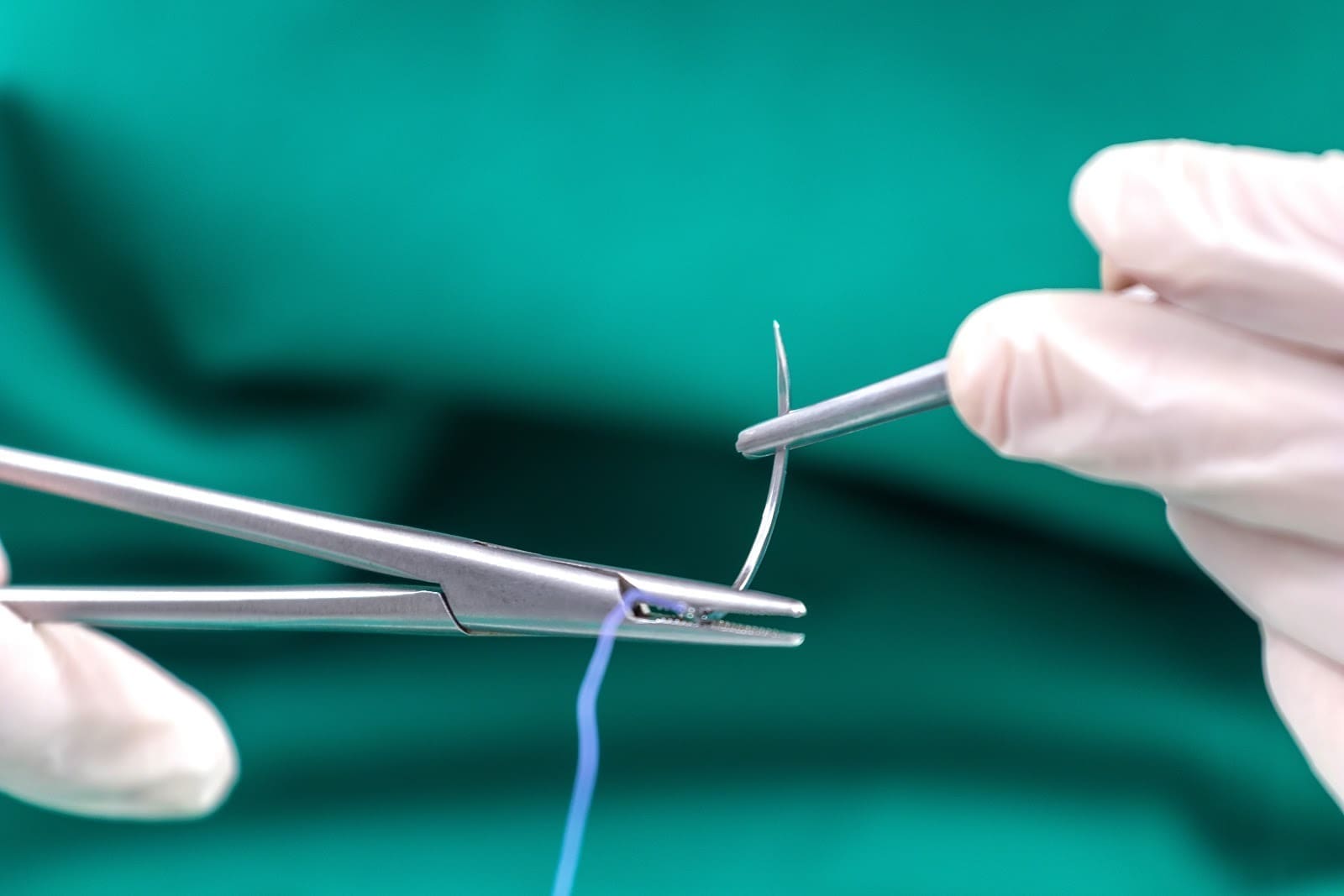Last Updated on November 27, 2025 by Bilal Hasdemir
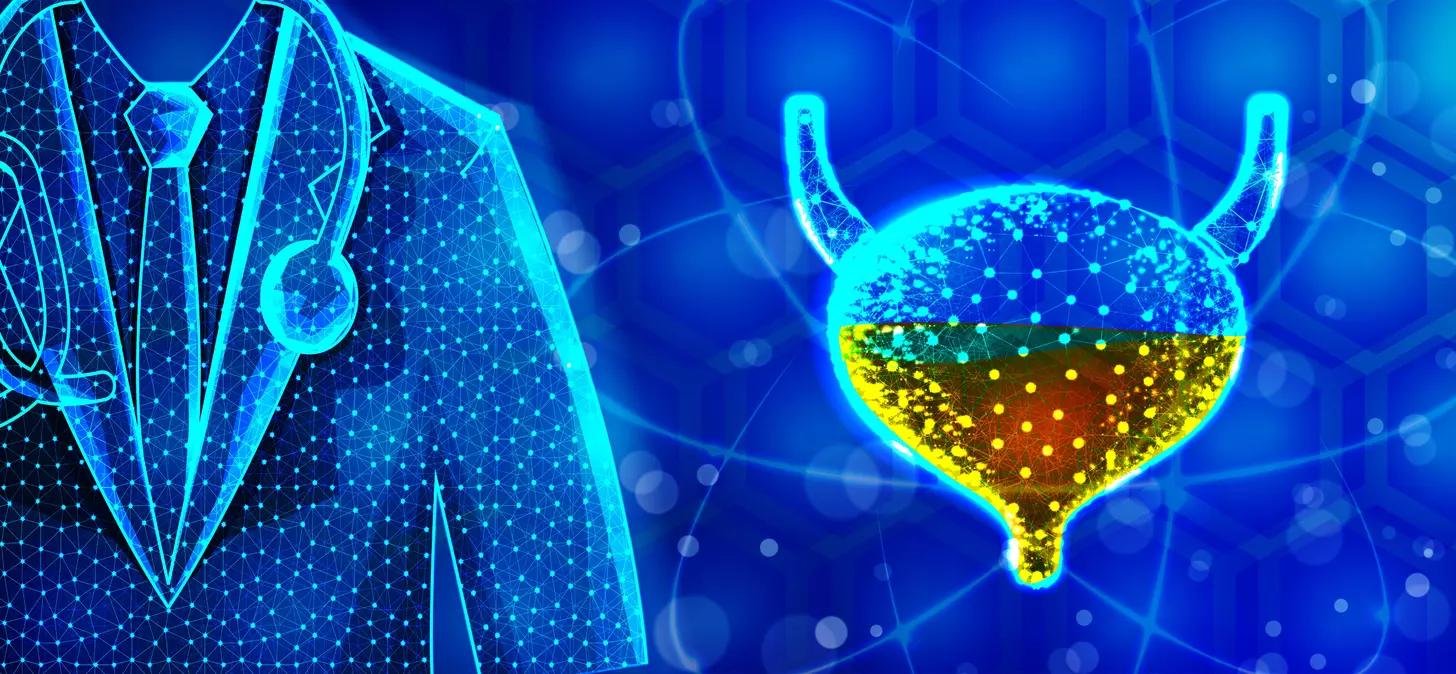
We know how important new ways are to fight bladder cancer, like for high-risk, non-muscle invasive tumors. BCG (Bacillus Calmette-Guerin) is a weakened form of Mycobacterium bovis. It’s used to treat early-stage bladder cancer.
BCG cancer treatment is key in lowering the chance of bladder cancer coming back. It’s a top immunotherapy option, making a big difference in patient care. It’s important for patients and doctors to know how it works, its benefits, and possible side effects.
Key Takeaways
- BCG infusion is a leading immunotherapy for managing non-muscle invasive bladder cancer.
- The treatment has shown a significant reduction in recurrence rates.
- Understanding the benefits and possible side effects is key for patients.
- BCG cancer treatment works best for high-risk patients.
- Immunotherapy is a big part of fighting bladder cancer.
What is BCG Cancer Treatment?
Immunotherapy has changed cancer treatment a lot. BCG bladder cancer treatment is a big part of this change. BCG, or Bacillus Calmette-Guérin, was first made to fight tuberculosis. Now, it’s used to treat bladder cancer, showing how flexible immunotherapy can be.
The History and Development of BCG Therapy
BCG therapy started as a tuberculosis vaccine in the early 1900s. In the 1970s, doctors found it helped bladder cancer patients a lot. Now, BCG therapy is a key treatment for non-muscle-invasive bladder cancer, proving it’s a good immunotherapy choice.
“The use of BCG for cancer shows how medical science keeps improving,” says a top urologist. “It’s a great example of how a treatment for one disease can help another, giving patients new hope.”
How BCG Works Against Bladder Cancer
BCG treatment involves putting BCG directly into the bladder. This method, called intravesical immunotherapy, gets the immune system to fight bladder cancer cells. It’s a targeted way to treat bladder cancer, helping lower the chance of it coming back.
BCG has been shown to work well against bladder cancer. It’s a top choice for many patients. As BCG cancer treatment keeps getting better, it’s a key part of fighting bladder cancer.
Essential #1: BCG as a Leading Immunotherapy Option
BCG is a top choice for treating bladder cancer. It uses the body’s immune system in a unique way. This is different from traditional treatments.
BCG is not like chemotherapy. Knowing the difference is key to understanding its role in treating bladder cancer.
Distinguishing BCG from Chemotherapy
Many think BCG is a type of chemotherapy. But it works differently. Chemotherapy kills cancer cells directly. BCG, on the other hand, boosts the immune system to fight cancer.
The Immunological Mechanism of Action
BCG’s power comes from its ability to start an immune response. When it’s put into the bladder, it causes inflammation. This draws immune cells to the area.
These cells then attack and kill cancer cells. This makes BCG a targeted and effective treatment for bladder cancer. It’s a big difference from chemotherapy, which affects the whole body.
Who Should Consider BCG Cancer Treatment
Choosing BCG cancer treatment depends on several factors. It’s best for those with high-risk, non-muscle invasive bladder cancer. We’ll look at who’s a good fit for BCG therapy and when it’s better than other options.
Ideal Candidates for BCG Therapy
People with high-risk non-muscle invasive bladder cancer are top choices for BCG therapy.Guidelines suggest BCG for those with high-risk features, like carcinoma in situ or high-grade tumors. The choice of BCG depends on the cancer’s type and the patient’s health.
For example, those with recurring tumors or who didn’t respond to other treatments might do well with BCG immunotherapy.
When BCG is Preferred Over Other Treatments
BCG is often the go-to because it’s effective in stopping cancer from coming back or getting worse.Research shows BCG therapy cuts down recurrence risk more than other treatments. It’s also seen as the best treatment for high-risk non-muscle invasive bladder cancer by many urologists.
In short, BCG cancer treatment is a great choice for those with high-risk non-muscle invasive bladder cancer. Knowing who’s best suited and the benefits of BCG helps doctors choose the right treatment.
Essential #2: The BCG Treatment Protocol
It’s key for patients with bladder cancer to know about the BCG treatment protocol. This plan has two main parts: the induction phase and maintenance therapy. It’s made to get the most out of BCG treatment.
Induction Phase: The First Six Weeks
The induction phase is the start of BCG treatment. Patients get BCG in their bladder every week for six weeks. This is when the immune system starts to fight bladder cancer cells.
We keep a close eye on patients for any bad side effects during this time.
Maintenance Therapy: Extending Protection
After the induction phase, maintenance therapy keeps the immune system strong. BCG is given at set times to keep fighting cancer. This schedule is key to stopping cancer from coming back.
Sticking to the maintenance therapy schedule is very important. It helps keep the treatment working well over time. This way, patients have a better chance of staying cancer-free.
The BCG Procedure: Step-by-Step
The BCG treatment process has several key steps. These steps include preparation and post-treatment care. Each step is vital for the treatment’s success. We will guide you through the entire process to ensure you are well-prepared for your BCG therapy.
Before Your BCG Infusion
Before your BCG infusion, follow specific guidelines to avoid side effects. Tell your healthcare provider about any medications you’re taking. Also, report any urinary tract infections or other health issues.
Good hygiene practices are also important to prevent complications. This helps ensure a smooth treatment process.
During the BCG Instillation Process
A catheter is used to deliver the BCG solution into the bladder. The procedure takes about 1-2 hours. During this time, patients must keep the BCG solution in their bladder.
This step may cause some discomfort. But it’s essential for the treatment’s success.
After Treatment Care
Post-treatment care is vital to minimize side effects and ensure success. Drink plenty of fluids to flush out the BCG solution. Avoid activities that could cause discomfort or complications.
Monitor your body’s response to the treatment. Report any unusual symptoms to your healthcare provider.
| Care Aspect | Recommendation |
|---|---|
| Hydration | Drink plenty of fluids |
| Activity Level | Avoid strenuous activities |
| Symptom Monitoring | Report unusual symptoms |
Essential #3: Effectiveness of BCG in Urology
BCG is a top choice for treating bladder cancer, helping prevent it from coming back. It has greatly improved how we manage bladder cancer. Its success makes it a key treatment option.
Success Rates in Preventing Recurrence
Research shows BCG cuts down bladder cancer coming back in high-risk patients. The success of BCG therapy is clear, with a big drop in tumor return. It’s now a mainstay in treating many patients.
Let’s look at some numbers. A study found BCG cuts recurrence rates way down compared to other treatments.
| Treatment | Recurrence Rate |
|---|---|
| BCG Therapy | 25% |
| Alternative Treatment | 50% |
Factors That Influence Treatment Success
Many things affect how well BCG works. These include the tumor’s stage and grade, the patient’s health, and sticking to the treatment plan. Knowing these helps make treatment better.
When we think about BCG for patients, we must consider these factors. This way, we can give better care and better results for our patients.
BCG as the Gold Standard for Bladder Cancer Treatment
BCG is seen as the top choice for treating bladder cancer. It’s the best treatment for high-risk, non-muscle invasive bladder cancer. We’ll look at why BCG is favored over other options and its place in global guidelines.
International Guidelines and Recommendations
Guidelines from the American Urological Association (AUA) and the European Association of Urology (EAU) suggest BCG first. They base this on lots of research and trials. These studies show BCG works well in stopping bladder cancer from coming back or getting worse.
The table below shows what major urological groups suggest:
| Guideline | Recommendation |
|---|---|
| AUA | BCG as first-line treatment for high-risk NMIBC |
| EAU | BCG recommended for high-risk NMIBC |
| NCCN | BCG preferred for high-risk non-muscle invasive bladder cancer |
Comparison with Alternative Treatments
BCG stands out when compared to other treatments. Options like intravesical chemotherapy and other immunotherapies have their uses. But BCG is the top choice because it’s proven to work well in preventing cancer from coming back or getting worse.
BCG has several key advantages over other treatments:
- It has a higher success rate in preventing recurrence.
- It has long-term data supporting its effectiveness.
- It’s widely accepted in international guidelines.
Essential #4: Side Effects of BCG Treatment for Bladder Cancer
When we talk about BCG cancer treatment, it’s key to cover the side effects. BCG is usually safe, but knowing about possible side effects helps manage patient hopes and care.
Common Short-Term Side Effects
BCG treatment can lead to short-term side effects, mainly in the bladder and urinary system. Symptoms include needing to pee a lot, feeling urgent, and pain while peeing. Some might also get flu-like symptoms like fever, chills, and tiredness.
These side effects are usually not too bad and go away in a few days. But sometimes, they can be worse and need doctor help.
Long-Term Side Effects and Rare Complications
Long-term side effects might include ongoing pee problems and pain. Rarely, serious issues like infections can happen. It’s important for patients to keep a close eye on these side effects with their doctor.
| Side Effect | Frequency | Severity |
|---|---|---|
| Urinary Frequency | Common | Mild to Moderate |
| Flu-like Symptoms | Common | Mild to Moderate |
| Systemic Infection | Rare | Severe |
Doctors say it’s vital to know about BCG treatment side effects for better patient care. This shows how important it is to understand the risks of BCG therapy.
Managing BCG Treatment Complications
Managing complications from BCG treatment is key for bladder cancer patients. BCG is a valuable treatment, but managing side effects is important. We will talk about when to seek medical help and how to handle side effects.
When to Seek Medical Attention
Patients getting BCG treatment should watch for signs needing quick medical help. Look out for severe symptoms like high fever, chills, or trouble urinating. It’s a good idea to keep a symptom log and tell your doctor about any worries.
| Symptom | Action |
|---|---|
| High fever, chills | Seek immediate medical attention |
| Difficulty urinating | Contact healthcare provider within 24 hours |
| Mild bladder irritation | Monitor symptoms, consult healthcare provider if worsening |
Treatment Modifications and Interventions
When BCG treatment complications happen, there are ways to adjust treatment. This might mean changing the dose or how often you get BCG. Or, taking medicines to help with symptoms. We work with patients to find the best plan for them.
Understanding BCG treatment complications and knowing when to get help is important. We aim to give our patients the best care and support. This way, we help them get the best results from their treatment.
Essential #5: Preparing for Your BCG Treatment Journey
Getting ready for BCG treatment is key. It involves knowing the treatment steps and how to handle side effects. You also need to adjust your lifestyle.
We’ll help you understand what to do before and during BCG therapy. This way, you can handle your treatment journey well.
Questions to Ask Your Healthcare Provider
Talk openly with your healthcare provider before starting BCG treatment. Here are important questions to ask:
- What are the specific steps involved in my BCG treatment protocol?
- What are the possible side effects, and how can they be managed?
- Are there any specific lifestyle changes I should make during the treatment?
- How will my progress be monitored, and what follow-up care can I expect?
These questions can clear up any confusion. They help you understand your treatment better.
Lifestyle Considerations During BCG Therapy
Adjusting your lifestyle can help with BCG treatment. Here are some tips:
| Lifestyle Aspect | Recommendations |
|---|---|
| Hydration | Drink lots of water to flush out your bladder. |
| Diet | Eat a balanced diet with fruits, veggies, and whole grains. |
| Physical Activity | Do moderate exercise like walking to stay healthy and reduce stress. |
Being proactive and informed can enhance your BCG treatment experience.
Conclusion: The Future of BCG Medical Treatment
BCG has become the top choice for treating high-risk bladder cancer. It’s supported by international guidelines. The future looks bright, with more research and improvements on the way.
New treatments are coming, making BCG even better. As we learn more, we’ll see better care for patients. This could mean better lives for those with bladder cancer.
We’re dedicated to top-notch healthcare and support for patients worldwide. As bladder cancer treatment evolves, we’re excited for the advancements in BCG treatment.
What is BCG cancer treatment?
BCG cancer treatment is a special way to fight bladder cancer. It uses BCG, a type of bacteria, to wake up the body’s immune system. This helps the body find and destroy bladder cancer cells.
How does BCG work against bladder cancer?
BCG works by making the body’s immune system attack bladder cancer cells. It’s different from chemotherapy, which directly kills cancer cells.
Who is an ideal candidate for BCG therapy?
People with high-risk, non-muscle invasive bladder cancer are best for BCG therapy. The choice depends on the cancer’s type and the person’s health.
What is the BCG treatment protocol?
BCG treatment starts with a six-week induction phase, where BCG is given weekly. Then, there’s maintenance therapy to keep the immune system strong and prevent cancer from coming back.
What are the common side effects of BCG treatment?
Side effects of BCG can be mild or severe. They include needing to pee a lot, feeling urgent, and discomfort.
How can side effects of BCG treatment be managed?
Managing side effects involves adjusting treatment, using interventions, and getting medical help when needed.
What is the success rate of BCG treatment in preventing recurrence?
BCG treatment is very effective in stopping cancer from coming back, mainly in high-risk patients. Success depends on the cancer type and the patient’s health.
Is BCG chemotherapy?
No, BCG is not chemotherapy. It’s an immunotherapy that gets the body’s immune system to fight cancer cells.
What is the difference between BCG and other bladder cancer treatments?
BCG is different from other treatments like chemotherapy. It works by boosting the immune system, not by directly killing cancer cells.
How should I prepare for BCG treatment?
To prepare for BCG treatment, learn about the process, ask your doctor questions, and make lifestyle changes during therapy.
What are the long-term side effects of BCG treatment?
Long-term side effects of BCG can include rare complications. It’s important to know when to seek medical help.
Is BCG treatment the gold standard for bladder cancer?
Yes, BCG treatment is the top choice for treating high-risk, non-muscle invasive bladder cancer. It’s backed by international guidelines and recommendations.


